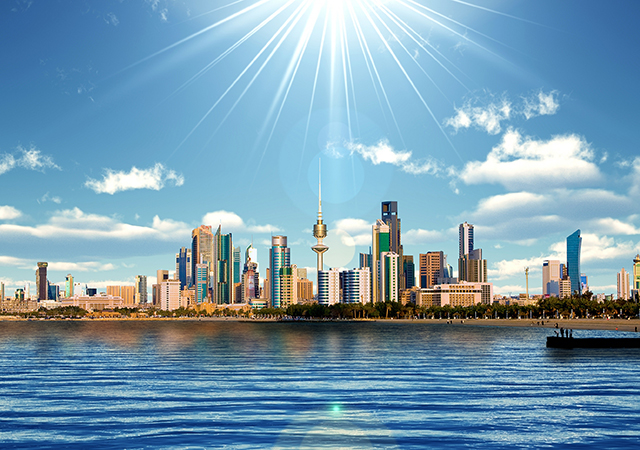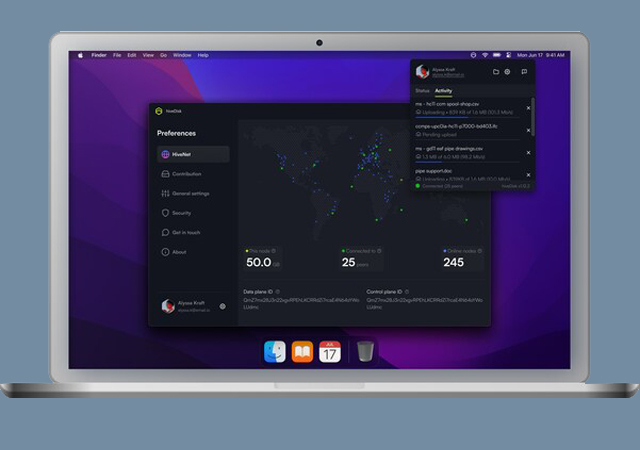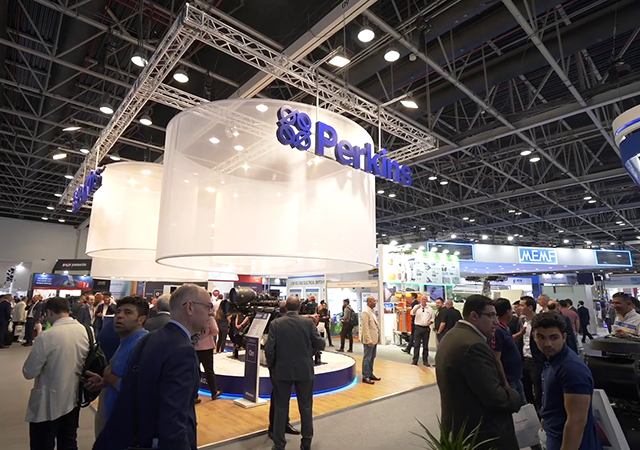
 The Arena Pantanal in Cuiabá
The Arena Pantanal in Cuiabá
Spectators at this year’s World Cup tournament in Brazil enjoyed an improved viewing experience thanks to Sabic’s durable, impact- and weather-resistant Lexan sheet and system solutions used in the construction of two of the stadiums.
Sabic provided 53,620 sq m of roof glazing and facades for a total of four arenas in Brazil, including two of the World Cup stadiums. Architects who designed the Arena Pantanal in Cuiabá and Arena da Baixada in Curitiba selected Sabic’s high-performance Lexan sheet and system solutions to create lightweight, high-impact and UV-resistant roofing and facades that helped meet strict safety compliance and sustainability aims, while offering outstanding aesthetics. These are just some examples of the more than 50 stadiums across the world where Sabic’s materials have been used.
“For many years, Sabic solutions and technical expertise have helped architects and contractors design and build some of the world’s most iconic stadiums. Today marks a significant achievement with the addition of awe-inspiring arenas in Brazil that are benefitting from the design freedom, energy efficiency and high performance of our Lexan sheet portfolio, which is helping designers and architects ensure safety while creating a dramatic architectural statement,” said Jack Govers, general manager of the Specialty and Sheet business at Sabic.
At Arena Pantanal, where teams such as Japan, Columbia and Russia played their group stage matches, the use of Lexan Exell D sheet roofing helped architects with their sustainable approach to the construction of the arena, nicknamed ‘O Verdão’ (The Big Green). The durable, virtually unbreakable 9.5 mm sheet provides natural light and optimises energy performance through improved thermal insulation. As the sheet can be easily cold-formed into gentle curves, it is a good candidate material for skylights, covered walkways and barrel vaults. This material is backed by a 10-year limited written warranty against yellowing, loss of light transmission and breakage.
Sabic’s portfolio of solutions for the stadium building industry also included multi-layer Lexan Themoclear sheet, which was used for the roof at Arena da Baixada where Spain, Honduras and Russia played this year. A material of choice for glazing applications where thermal insulation is a major consideration, energy savings of more than 50 per cent compared with monolayer glass are possible thanks to the highly reflective surface of the sheet. Additionally, the sheet offers outstanding impact performance over a wide temperature range (-40°C to 120°C) and has excellent resistance against degradation from UV radiation.
At Arena da Baixada, architects used Lexan Thermoclick sheet systems to clad the façade of the stadium. With a unique five-wall X-structure, the 40 mm sheet system offers high light transmission and light diffusion, and superb thermal insulation, which can help reduce power consumption by up to 17 per cent compared with traditional double-pane glass glazing.
Helping stadium management to ensure the safety of spectators, the solutions used in the World Cup arenas comply with industry-recognised fire and smoke ratings and as all Lexan sheet solutions offer up to 250 times the impact resistance of glass, risk of breakage from extreme weather or vandalism is reduced. Additionally, as Lexan Thermoclear is up to 50 per cent lighter than glass, it is easier to handle and install compared with heavy glass panes.









